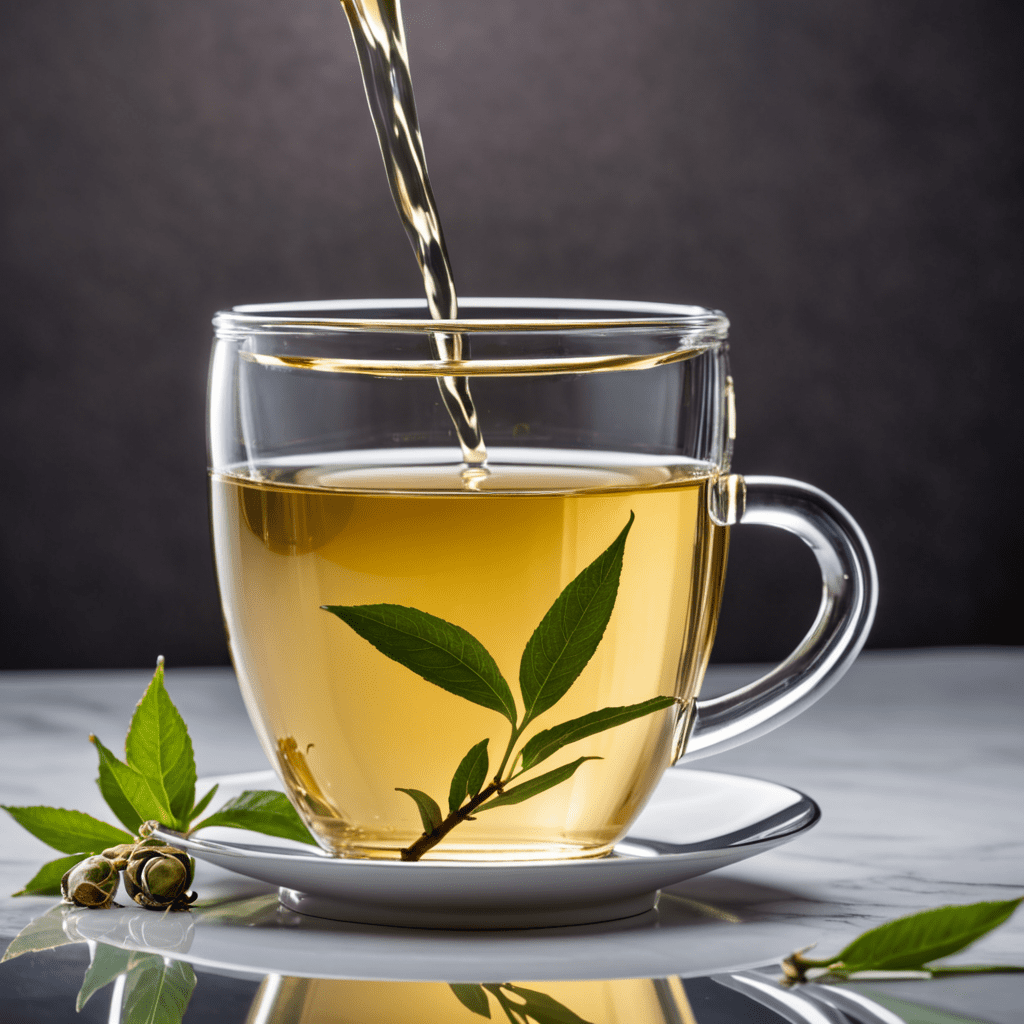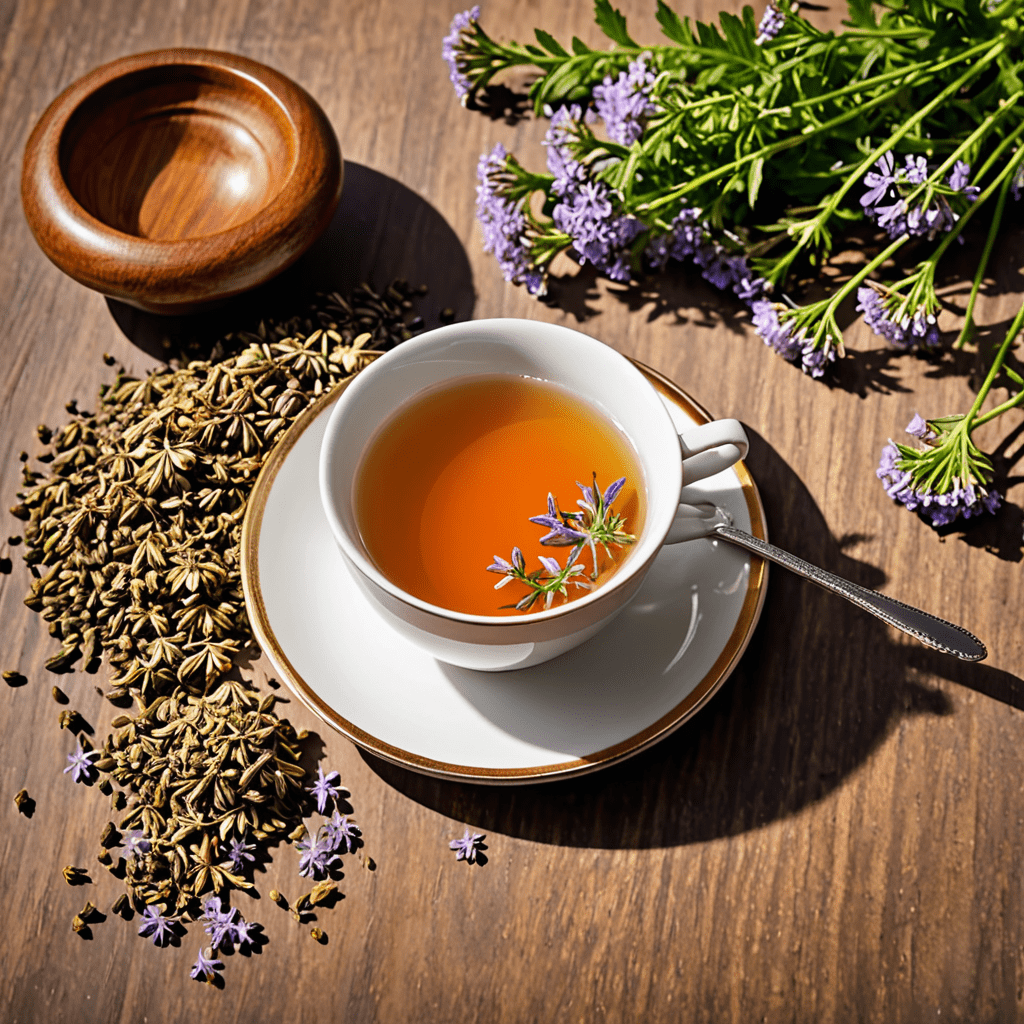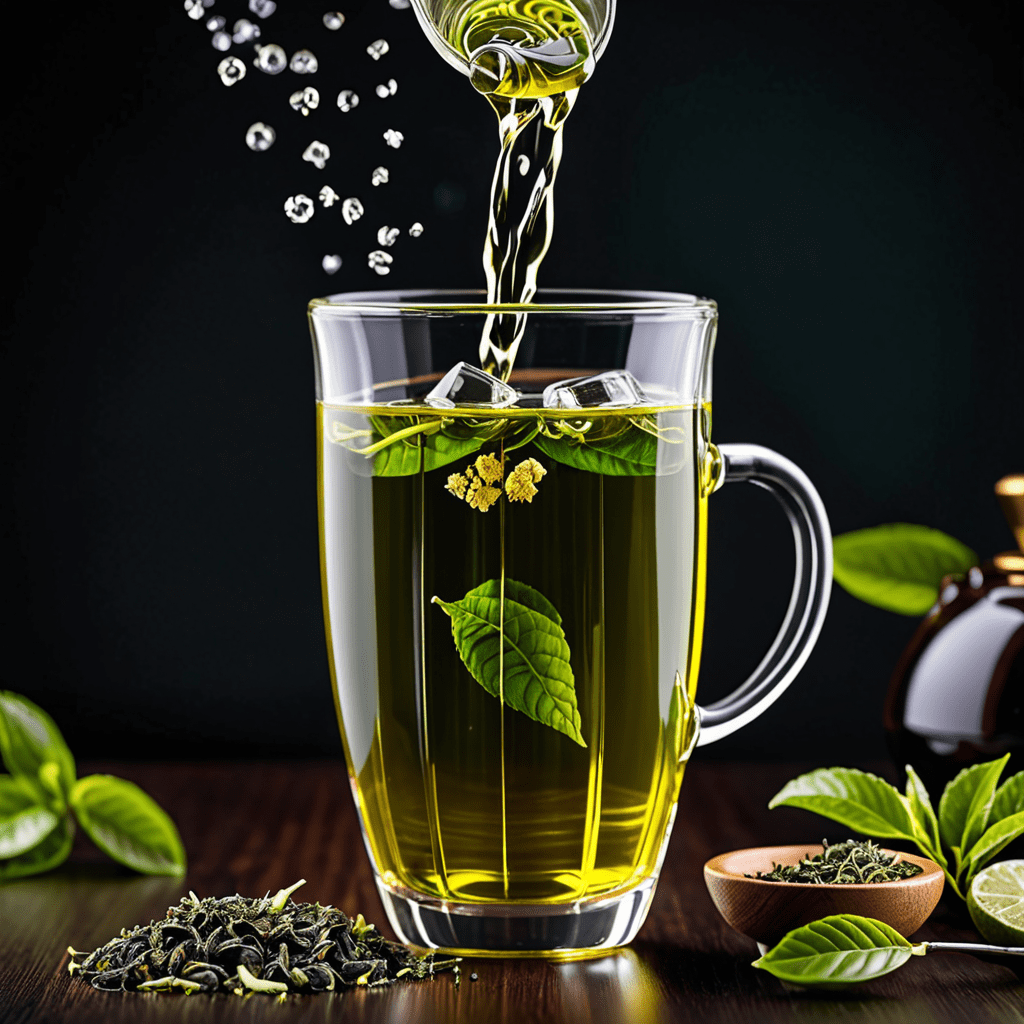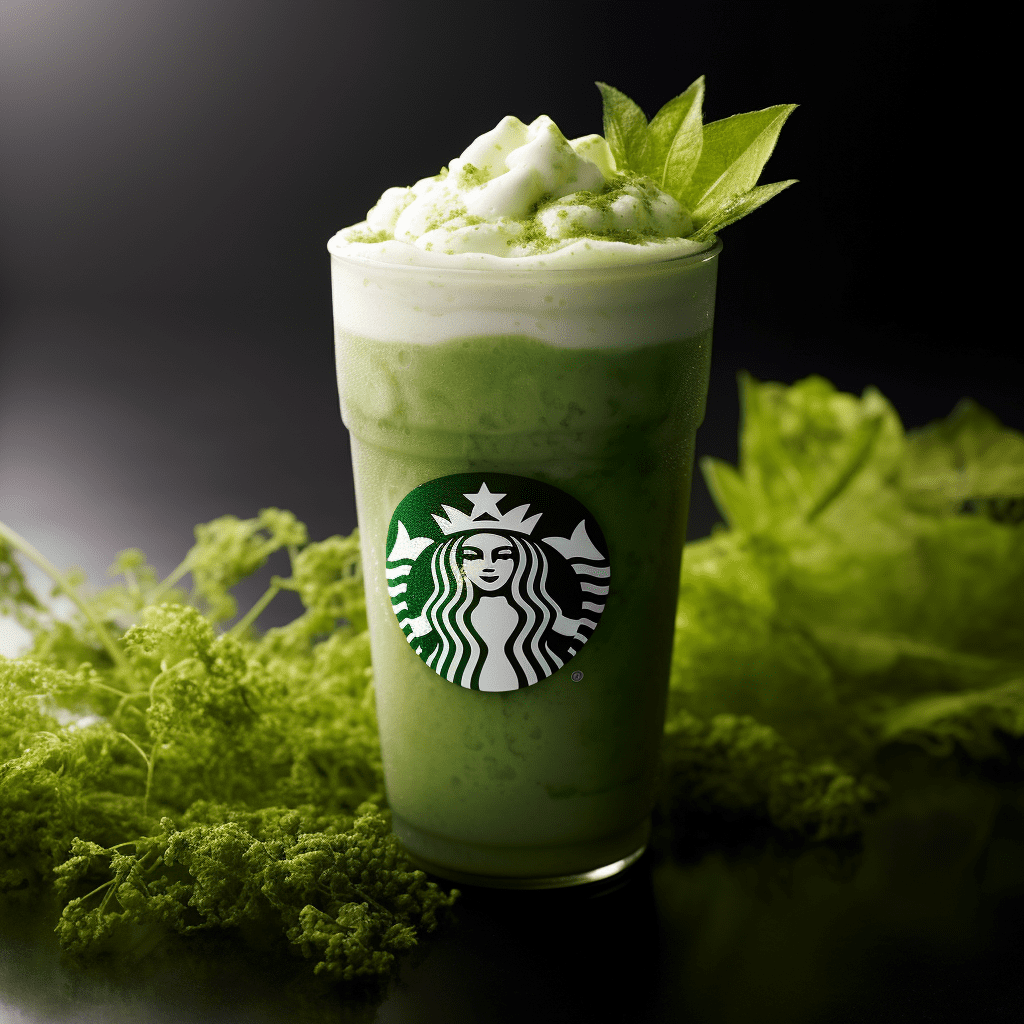White Tea: A Reflection of Nature’s Purity
White tea is renowned for its delicate flavor and numerous health benefits, making it a beloved beverage all around the world. This extraordinary tea is a reflection of nature’s purity, offering a calming and wholesome experience. Let’s delve into the fascinating world of white tea and explore the reasons for its growing popularity.
The Origins of White Tea
White tea originates from the Fujian province of China and dates back to thousands of years. It is made from the young, unopened buds of the tea plant, which are carefully handpicked during the early spring. The minimal processing of white tea leaves helps preserve their natural essence, resulting in a beverage that truly embodies nature’s purity.
The Unmistakable Characteristics of White Tea
White tea is characterized by its light color, subtle flavor, and delicate aroma. The leaves undergo minimal oxidation, contributing to the tea’s gentle and nuanced taste. Unlike its counterparts, such as black or green tea, white tea is not heavily processed, allowing it to retain the highest levels of antioxidants and beneficial polyphenols.
The Health Benefits of White Tea
White tea offers a myriad of health benefits, making it a popular choice among health-conscious individuals. It is rich in antioxidants, which can help neutralize free radicals in the body and support overall well-being. Additionally, white tea is known for its potential to promote heart health, improve skin conditions, and boost the immune system.
The Art of Brewing White Tea
Brewing white tea is an art form that requires attention to detail. The delicate nature of white tea leaves necessitates careful handling and the use of lower water temperatures to prevent the delicate leaves from becoming bitter. When brewed correctly, white tea offers a subtle and refreshing taste that captivates the senses.
White Tea: A Versatile Beverage
White tea can be enjoyed in various forms, including hot tea, iced tea, and even as an ingredient in culinary creations. Its subtle flavor profile makes it a versatile addition to different recipes, infusing them with a touch of natural elegance and purity.
Embracing the Purity of White Tea
As we embrace the purity of white tea, we are reminded of the simplicity and elegance of nature. This exceptional beverage serves as a reflection of nature’s purity, offering a tranquil and rejuvenating experience with every sip.
FAQ About White Tea
What is white tea?
White tea is a type of tea made from young and minimally processed tea leaves. It is known for its delicate flavor and subtle sweetness, often characterized by its light color and low caffeine content.
How is white tea different from other types of tea?
White tea is unique in that it undergoes minimal processing, allowing the tea leaves to retain their natural appearance and characteristics. Unlike green, black, or oolong teas, white tea is simply withered and dried after harvesting, preserving its natural purity.
What are the health benefits of white tea?
White tea is rich in antioxidants, which can help protect the body from oxidative stress and reduce the risk of chronic diseases. It is also believed to have potential benefits for heart health, skin health, and overall well-being.
How should white tea be brewed?
To brew white tea, use water that is heated to around 175°F (80°C) and steep the tea for about 2-3 minutes. Unlike other teas, white tea should not be brewed with boiling water to preserve its delicate flavor.
What are the different varieties of white tea?
Some popular varieties of white tea include Silver Needle (Baihao Yinzhen), White Peony (Bai Mudan), and Long Life Eyebrow (



